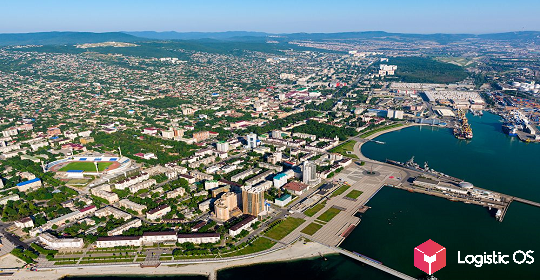The Ministry of Agriculture of the Russian Federation has prepared a bill that will ensure all payments for Russian agricultural products through one bank.
It is assumed that the National Clearing Center (NCC) should become such a bank.
The main advantage of the new format is that the NCC does not run the risk of falling under Western sanctions, otherwise it will simply not be able to accept payments, and all agricultural exports from Russia will immediately stop.
And this will create a significant shortage of grain on the world market: about 60 million tons.
This is exactly the volume that the Russian Federation plans to export in the current season. If this fails, then the shortage will cause a marked rise in prices.
At the same time, for Russia itself, difficulties with the export of such a volume of grain can turn into big losses, since it will definitely not be possible to sell it inside the country.
Moreover, the problem is not a one-time one: in a few months to harvest a new crop, so you need to think about how it will be implemented right now.
How will the NCC settlement scheme work?
It is very similar to the well-known gas trading scheme — the so-called «gas for rubles».
Foreign buyers transfer their currencies to an account in a Russian bank, after which this bank exchanges them for Russian rubles, and then pays suppliers with these rubles.
Apparently, the scheme showed itself well, and therefore it was decided to “scale” it to the grain.
True, a problem is possible here: the main buyers of Russian energy resources used to be Europe, and later China.
What to do with euros, dollars or yuan — such questions do not arise, they are always in great demand.
But will it be on the currencies of Egypt, Turkey or Iran, which are mainly buying Russian grain?
If it turns out that no one inside the country is ready to buy these currencies in large volumes comparable to the volumes of grain sold abroad, then this can cause problems: the exchange rate of these currencies on the domestic market of the Russian Federation, according to market laws, will fall against the ruble, which can put jeopardize the entire scheme.
How will this problem be solved?
It is possible that foreign buyers will be offered ruble loans so that they can pay for their purchases directly in Russian currency.
It is possible that the draft law will be finalized, since it has yet to be considered and signed.
Among other things, it could simplify Russia’s settlements with other countries in the framework of the Ukrainian grain deal — in the event that our country plans to extend it further after 60 days.

